7th Grade Orchestra Exam Review Semester 2
1/72
Earn XP
Description and Tags
7th Grade Orchestra Exam Review Semester 2 Vocabulary
Name | Mastery | Learn | Test | Matching | Spaced | Call with Kai |
|---|
No analytics yet
Send a link to your students to track their progress
73 Terms
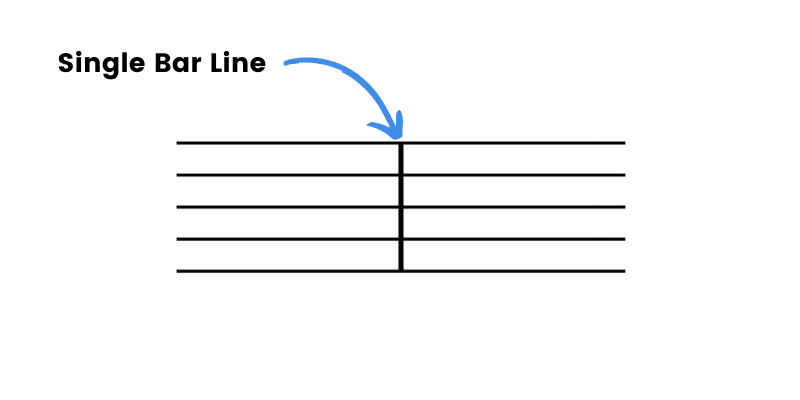
Bar lines
Lines that divide the staff into measures.
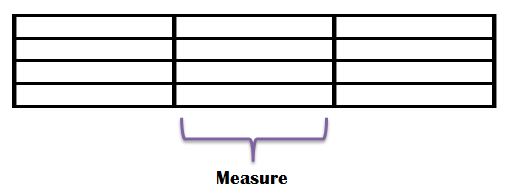
Measure
A segment of time corresponding to a specific number of beats.
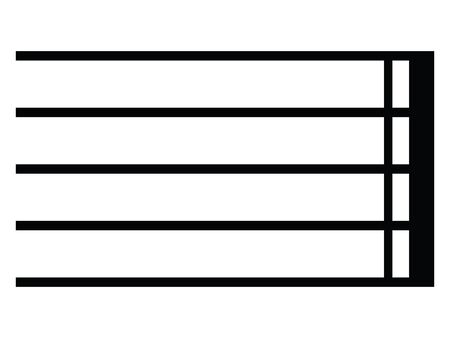
Double Bar
Indicates the end of a section or piece of music.
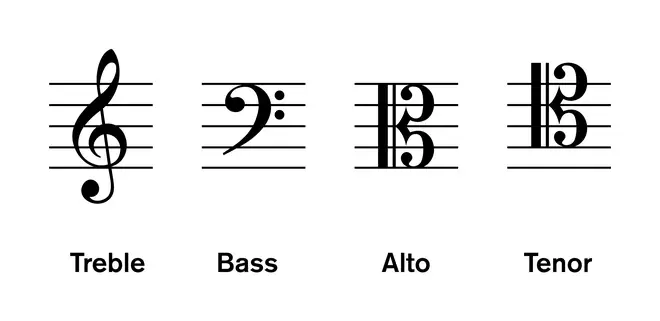
Clef
Symbol that indicates the pitch of the notes on the staff.
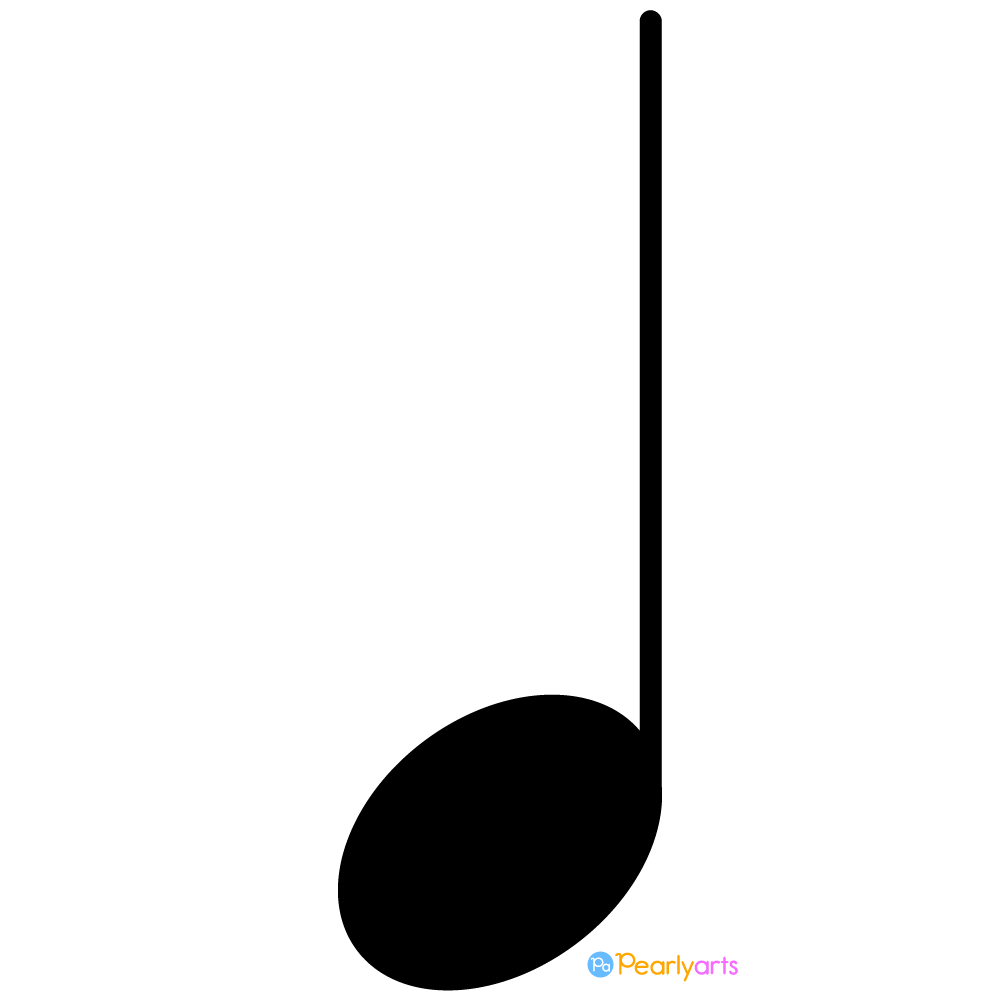
Quarter Note
A note that receives one beat in 4/4 time.
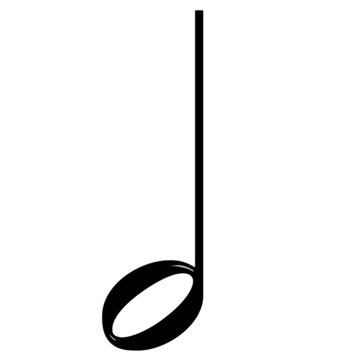
Half Note
A note that receives two beats in 4/4 time.

Quarter Rest
A symbol indicating silence for the duration of a quarter note.

Half Rest
A symbol indicating silence for the duration of a half note.
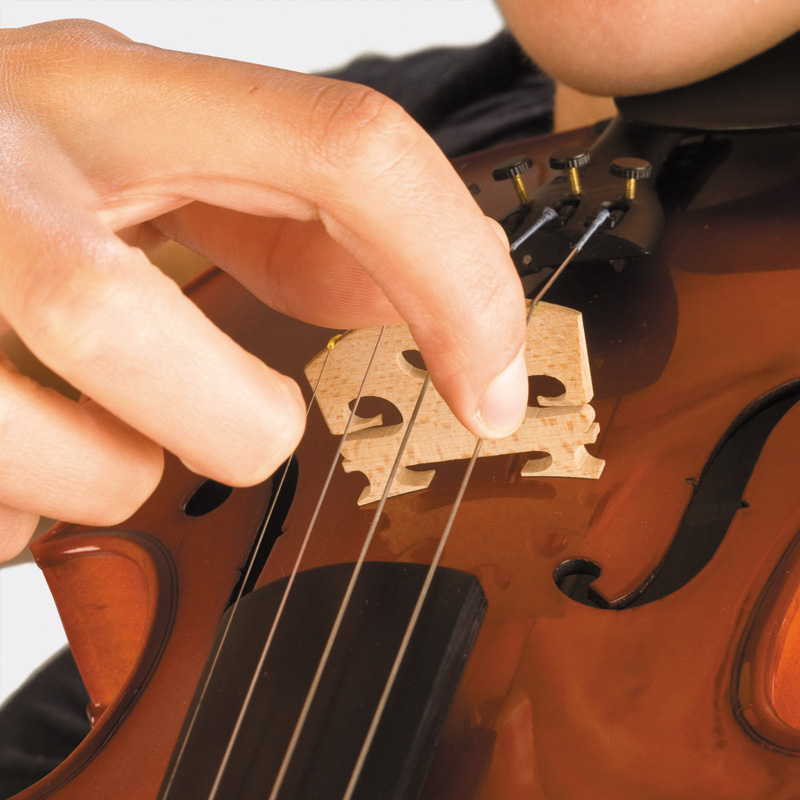
Pizzicato
Plucking the strings.
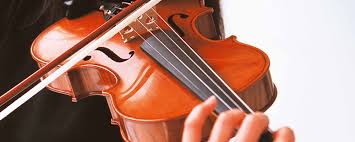
Arco
Playing with the bow.

Ledger Lines
Lines added above or below the staff to extend its range.
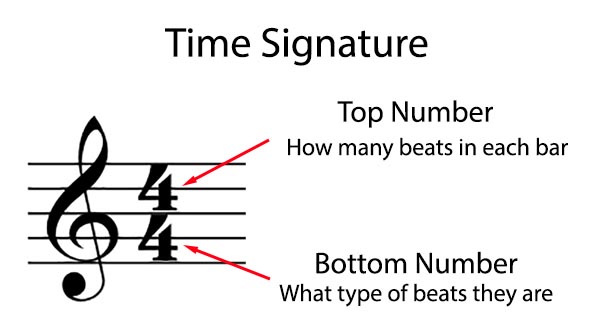
Time Signature
Indicates the number of beats per measure and the note value that receives one beat.
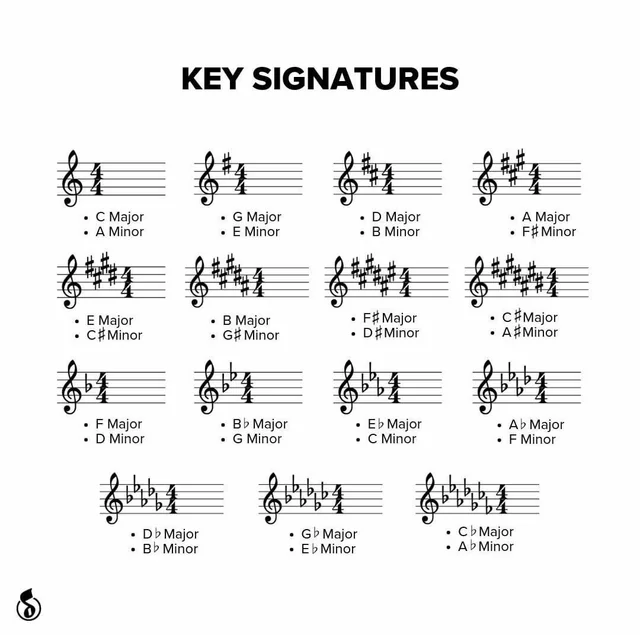
Key Signature
Collection of sharps or flats that defines the key of a piece.
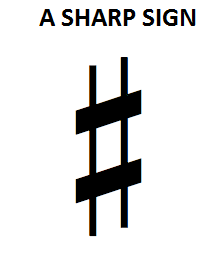
Sharp Sign
A symbol that raises the pitch of a note by a half step.
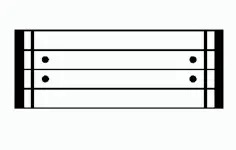
Repeat Sign
Indicates a section of music that should be repeated.

First/Second Endings
Different endings to be played on different repetitions of a section.
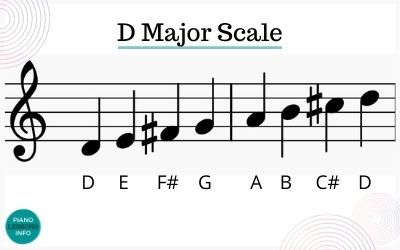
Scale
A sequence of notes arranged in ascending or descending order.
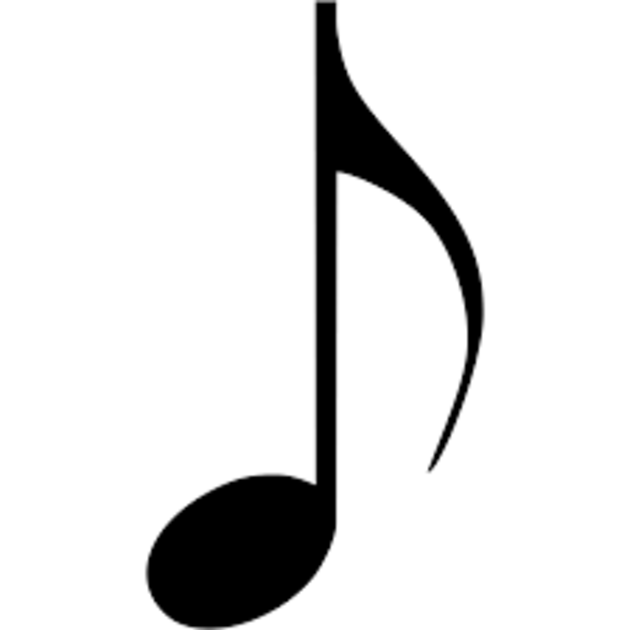
Eighth Note
A note that receives half a beat in 4/4 time.
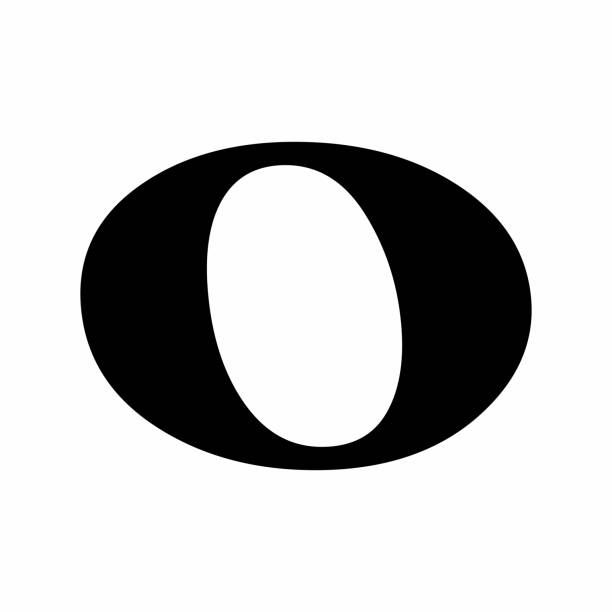
Whole Note
A note that receives four beats in 4/4 time.
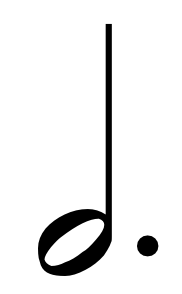
Dotted Half Note
A note that receives three beats in 4/4 time.

Eighth Rest
A symbol indicating silence for a duration of an eighth note.
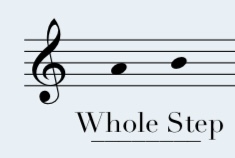
Whole Step
Interval consisting of two half steps.
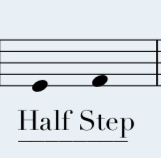
Half Step
The smallest interval in Western music.
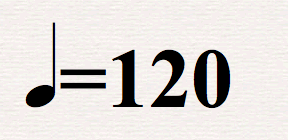
Tempo
The speed at which a piece of music is played.
Allegro
Fast tempo marking.
Moderato
Moderate tempo marking.
Ritardando
Gradually slowing down.
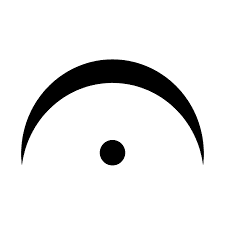
Fermata
A symbol indicating a note should be held for an indefinite length of time.
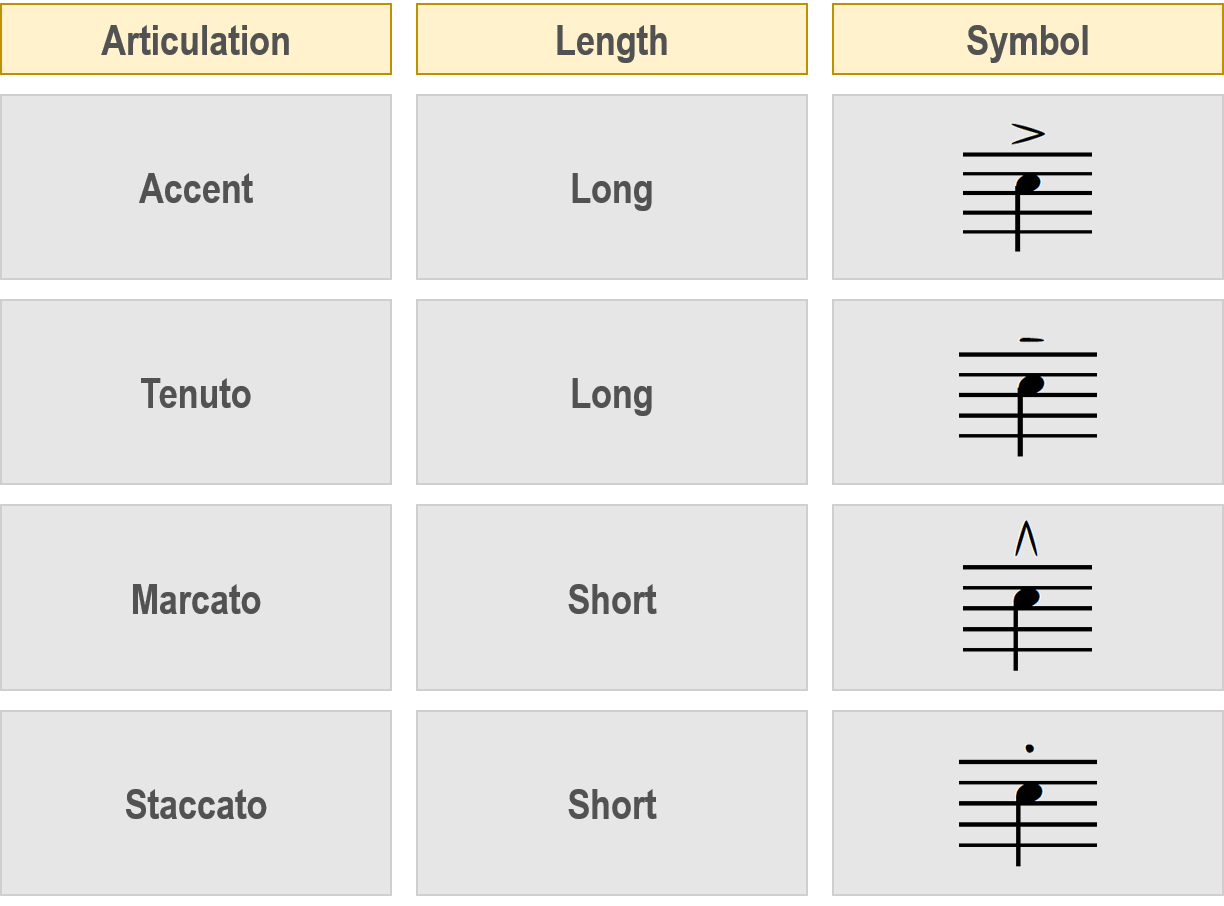
Articulation
The way a note is played (e.g., staccato, legato).

Slur
A curved line indicating that two different notes should be played connected
Tie
A curved line indicating that two same notes should be played connected
Accent
Emphasis on a note.
Crescendo
Gradually getting louder.
Decrescendo
Gradually getting softer.
Piano (p)
Soft dynamic marking.
Forte (f)
Loud dynamic marking.
Unison
All parts playing the same pitch.
Harmony
The combination of simultaneously sounded musical notes to produce chords and chord progressions.
Melody
A sequence of single notes that is musically satisfying.
Steady Beat
A consistent and regular pulse.
Down Bow
Moving the bow down across the string.
Up Bow
Moving the bow up across the string.
Bass Line
The lowest part in a musical texture.
Tetrachord
A set of four notes in a scale with a specific pattern of whole and half steps.
Arpeggio
A chord whose notes are played in succession.
Octave
The interval between two notes with the same name, one eight notes above the other.
Mezzo Piano (mp)
Medium soft dynamic marking.
Mezzo Forte (mf)
Medium loud dynamic marking.
Common Time
Equivalent to 4/4 time.
Cut Time
Equivalent to 2/2 time; two half notes per measure.
Intonation
Accuracy of pitch.
Flat Sign
A symbol that lowers the pitch of a note by a half step.
Triad
A three-note chord.
Tie
A curved line connecting two notes of the same pitch, indicating they should be played as one sustained note.
Balance
The relative volume of different instruments or voices in an ensemble.
Blend
The uniformity of sound within an ensemble.
Marcato
A strongly accented note or chord.
Loure
A type of bowing technique where notes are gently separated within a slur.
Tremolo
A rapid repetition of a note.
M2
Major second interval.
m2
Minor second interval.
P8
Perfect octave interval.
D.C. al Fine
From the beginning to the end.
Coda
An added ending to a piece of music.
D.S. al Fine
From the sign to the end.
Dal Segno
From the sign.
Da Capo
From the beginning.
Legato
A smooth and connected style.
Pick Up Notes (Anacrusis)
A note or sequence of notes that precedes the first downbeat in a measure.
Rallentando
Gradually slowing down.
Tenuto
Holding a note for its full value or slightly longer.
Diminuendo
Gradually getting softer.
Solo
A passage or piece for one performer.